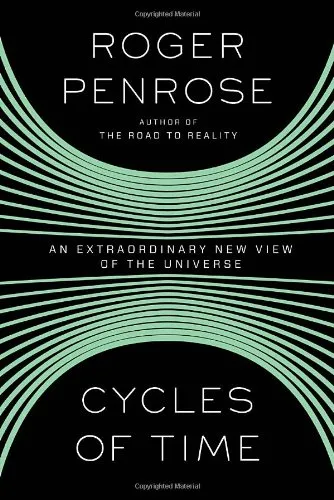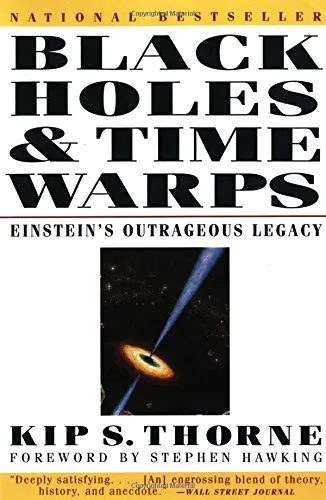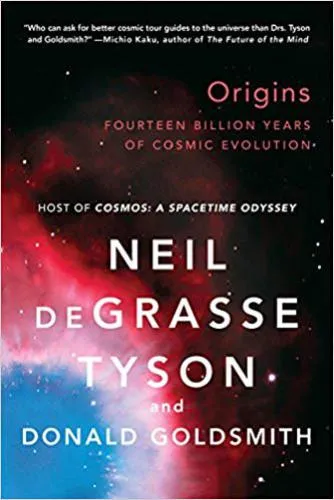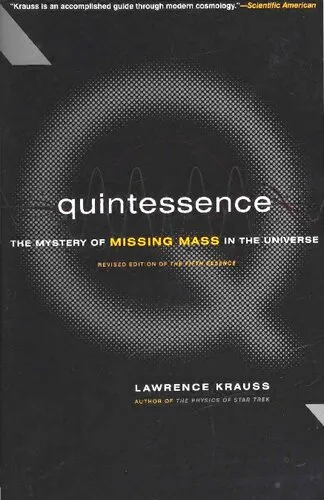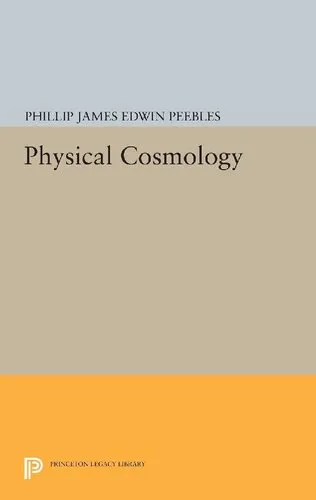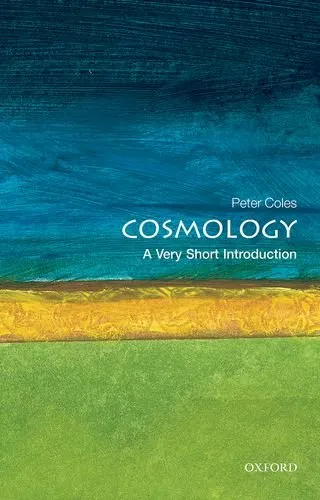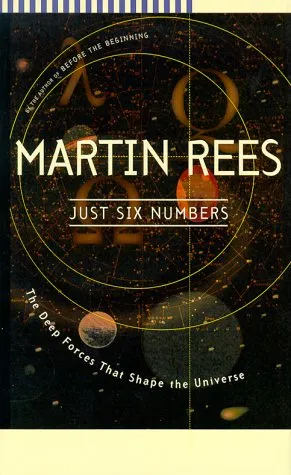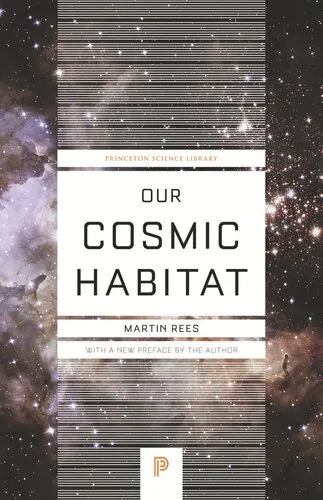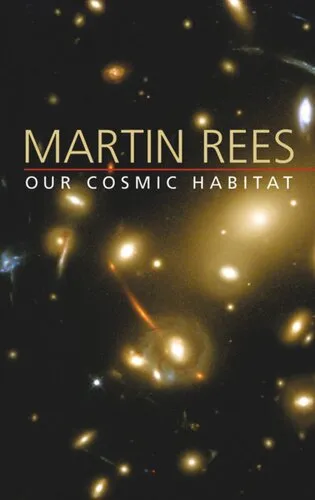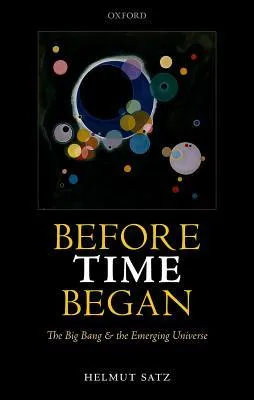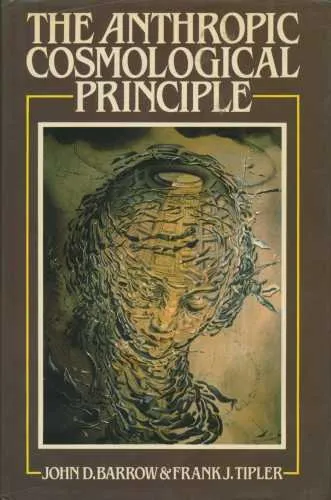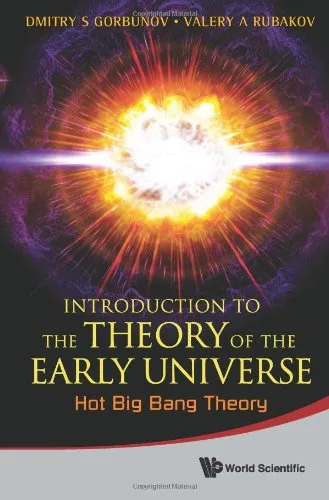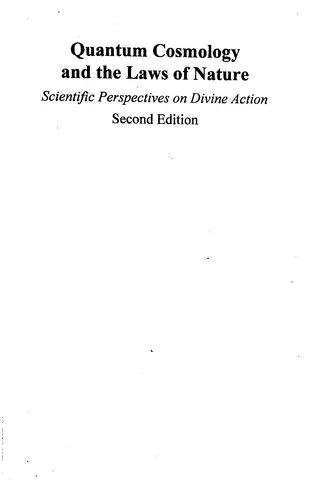Cycles of Time: An Extraordinary New View of the Universe
4.4
Reviews from our users

You Can Ask your questions from this book's AI after Login
Each download or ask from book AI costs 2 points. To earn more free points, please visit the Points Guide Page and complete some valuable actions.Related Refrences:
Welcome to the world of "Cycles of Time: An Extraordinary New View of the Universe" by Sir Roger Penrose, where groundbreaking ideas about the universe's origins and its infinite nature are explored in intricate detail.
A Detailed Summary of the Book
The natural world has long been a source of fascination, and the universe's beginnings and ultimate fate have preoccupied scientists and thinkers for centuries. With "Cycles of Time," I, Roger Penrose, present a revolutionary view of cosmology known as "Conformal Cyclic Cosmology" (CCC). This theory proposes that the universe operates in repeating "aeons," or cycles, each beginning afresh from the collapse of a prior aeon. Rather than envisioning a one-time Big Bang leading to an eventual cosmic doom or infinite expansion, CCC bridges physics, geometry, and cosmology to suggest an endless, cyclical universe.
In this book, I examine the limitations of classical interpretations of cosmology, critiquing widely-accepted models such as inflationary theory. By weaving together the laws of thermodynamics, the role of entropy, and the geometric challenges tied to space-time, the book ties philosophical and scientific puzzles into a coherent tapestry. At its heart, CCC introduces a bold idea: that the smooth state of the Big Bang corresponds to the universe's infinitely long-term future, providing a link between aeons. I also delve into black holes, event horizons, and their roles in dissipating entropy, enabling a "reset" for the next aeon.
While heavy on mathematics and theoretical physics, I have taken care to explain the underlying concepts for a broad readership. Concepts like the second law of thermodynamics, the cosmic microwave background (CMB), and the nature of spacetime geometry are illustrations of how rigor meets imagination in this vision of the universe. Whether you’re versed in advanced physics or simply curious about the cosmos, the book invites readers to contemplate questions of profound significance.
Key Takeaways
- The universe's past and future are not linear but cyclical, with aeons linking one to another.
- Entropy and the second law of thermodynamics play a pivotal role in the universe's ability to "reset" itself after long passages of time.
- Black hole evaporation and Hawking radiation shed entropy, potentially enabling the transition between aeons.
- Cosmic microwave background radiation (CMB) holds clues about prior aeons and the universe's greater structural continuity.
- Modern cosmological models, such as inflationary theory, require re-evaluation and modification in light of CCC.
Famous Quotes from the Book
"The Big Bang was not the beginning but a bridge to an infinite series of past and future aeons."
"Physics must tell a coherent story of how the smooth simplicity of our universe arose from the ashes of its immensely complicated past."
"What we call the 'end' of an aeon necessarily sets the conditions for the 'beginning' of the next."
Why This Book Matters
Cosmology is often regarded as the study of the universe’s origin and ultimate fate—a venture that bridges physics, metaphysics, and philosophy. "Cycles of Time" is more than just a theoretical exploration; it challenges our assumptions about time, space, and matter. As the implications of CCC unfold, the book calls into question fundamental ideas about entropy, causality, and cosmological singularities. It stands as a vital contribution to both theoretical physics and contemporary thought, urging scientists and readers to redefine how we view the cosmos.
Moreover, this book is significant because it ties observational data, such as the CMB anomalies, with the profound philosophical implications of a cyclical universe. It shows that while mathematics provides the framework for describing physical laws, there’s always room for imagination and curiosity to complement even the most rigorous scientific thought processes. "Cycles of Time" serves to inspire not just scientists but also anyone intrigued by the idea that our universe could be far more mysterious and boundless than previously imagined.
In "Cycles of Time," I hope to set the stage for fresh discussions among physicists, expand horizons for curious minds, and reveal deeply embedded connections in nature's grand design. It’s an invitation to reconsider our place in the vast, eternal tapestry of the cosmos.
Free Direct Download
You Can Download this book after Login
Accessing books through legal platforms and public libraries not only supports the rights of authors and publishers but also contributes to the sustainability of reading culture. Before downloading, please take a moment to consider these options.
Find this book on other platforms:
WorldCat helps you find books in libraries worldwide.
See ratings, reviews, and discussions on Goodreads.
Find and buy rare or used books on AbeBooks.
1695
بازدید4.4
امتیاز0
نظر98%
رضایتReviews:
4.4
Based on 0 users review
Questions & Answers
Ask questions about this book or help others by answering
No questions yet. Be the first to ask!
